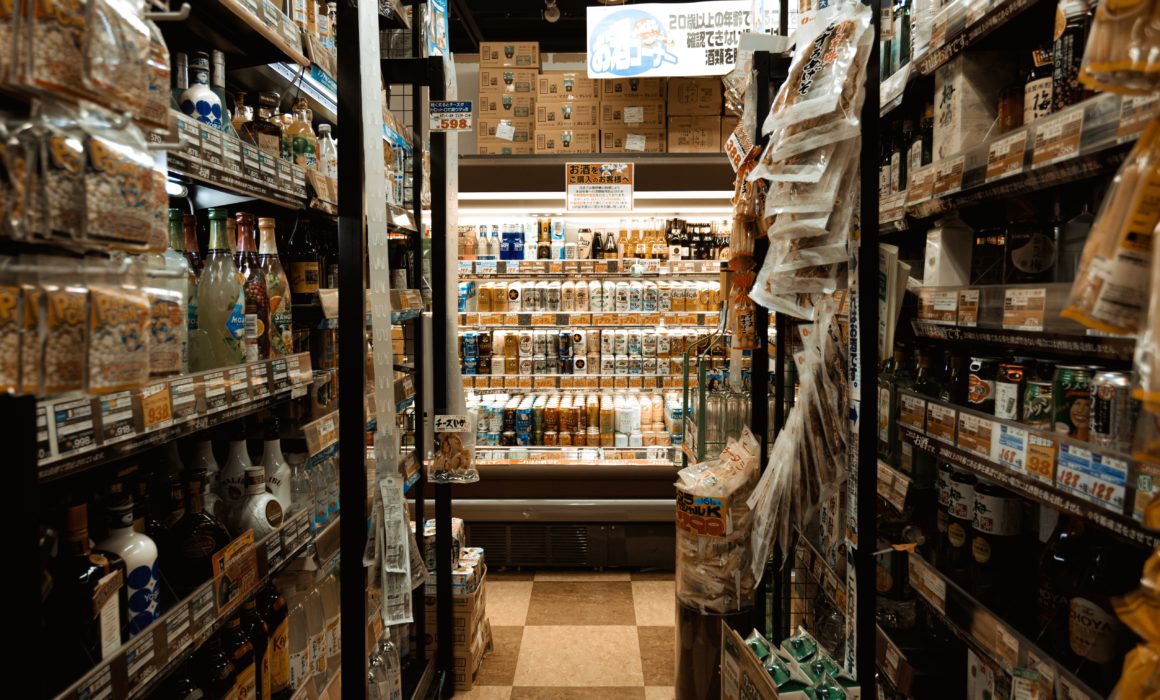Food & Beverage PR: What are the restrictions with marketing FMCG products?
As an owner of director of an FMCG product or brand, the marketing laws surrounding your business are one of the most important factors to consider when it comes to success. Today, there are tighter marketing restrictions than ever before, and not being up to date with the latest guidelines could significantly damage your business and its public image.
At Agent99, we service a range of Food & Beverage PR clients, and itŌĆÖs one of our most important responsibilities to ensure we are always ahead of the curb and are aware of the marketing guidelines for the brands we represent. However, itŌĆÖs not enough for brands to rely on their agencies to do it for them, but instead it is recommended they learn the guidelines themselves, to avoid landing in hot water or putting forward a piece of marketing that could cause issues for the business or mislead potential customers.
Whether youŌĆÖre working with a communications agency or doing the marketing for your business on your own, be sure to stay up to date on any requirements and regulations around promoting FMCG products. As part of our blog hub on food and beverage PR and why you should explore it, weŌĆÖve created a handy little guide for you on the restrictions you need to know:
Aim to be honest and transparent in your marketing.
Australia has a stringent self-regulatory system for food and beverage advertising to adults and children. Self-regulatory Codes that apply to food and beverage advertising are:
- AANA Code of Ethics
- AANA Food and Beverages Advertising and Marketing Communications Code
- AANA Code for Advertising and Marketing Communications to Children
These Codes have been negotiated with government, the industry, and advertisers to ensure appropriate advertising of food choices.
The AANA Food and Beverages Advertising and Marketing Communications Code aims to ensure that advertisers create and maintain social responsibility when marketing FMCG food and beverage products.
One part of this social responsibility is to ensure that any messaging used to market alcoholic beverages is never associated with health. For instance, if youŌĆÖre marketing an alcoholic beverage with low ABV, or something non-alcoholic, you still couldnŌĆÖt market the product as a ŌĆśhealthy or healthier alternativeŌĆÖ to other drinks.
Depending on what your FMCG product is, look into any social responsibility that must be maintained when promoting the product, whether itŌĆÖs for adults or children, and what messages must be avoided.
To give an overview of criteria for advertising food and beverage products, the following rules must be followed:
- You must not be misleading or deceptive or likely to mislead or deceive.
- You must not undermine the importance of healthy or active lifestyles nor the promotion of healthy balanced diets or encourage what would reasonably be considered to be excess consumption by Australian Dietary Guidelines.
- Anything that an average consumer might interpret as a health claim or nutrition content claim must be supportable by appropriate scientific evidence meeting the requirements of the Australian Food Standards Code.
- Any claims relating to material characteristics such as taste, size, content, nutrition, and health benefits, must be specific to the promoted product/s.
Essentially, consumers need clear, transparent communication on what the product is, what it is comprised of, any health risks and benefits and the suggested intake that complies with health regulations. ItŌĆÖs important to never mislead consumers in an attempt to promote your product, to never claim false benefits and to promote the product for exactly what it is, and nothing more.
Be clear on paid collaborations and advertising.
We previously mentioned in one of our blogs on influencer marketing guidelines that there are strict advertising codes that must be adhered to in Australia. As of February 2021, the Australian influencer marketing industry introduced a new advertising code of ethics, developed by the Australian Association of National Advertisers. This code of ethics obliges all influencers to disclose any commercial relationship that they have with brands in an upfront manner.
What this means is that influencers, across any platform, need to be completely transparent when they are advertising a product. If using influencers to market your FMCG goods, ensure that they are aware of these codes by giving them a clear brief of the guidelines to follow and include messaging about the partnership (whether itŌĆÖs paid or not) so their followers are aware that they are collaborating with your brand and marketing the product.
Fortunately social media has features that allow influencers to make advertisements clear to the public, through use of hashtags, brand tags and a feature that specifically outlines the paid collaboration.
All of these rules and regulations around marketing your goods can be overwhelming, but when promoting a product to the public you need to ensure the safety and best interest of consumers. Ultimately, greater transparency between consumers and a business often leads to greater success, trust and a stronger public reputation.
If you have an FMCG product that youŌĆÖre looking to promote, and want to learn more about the restrictions around marketing your goods, please get in touch with us via info@agent99pr.com.
Agent Emma
